Atleo, Harper offer opposing visions on need to scrap Indian Act
In speeches to open the Crown-First Nations Gathering in Ottawa Tuesday, Prime Minister Stephen Harper and Assembly of First Nations National Chief Shawn Atleo painted starkly differently visions of the paths ahead for Canada and its Indigenous population.
(Protestors from Six Nations, Ont., and Barriere Lake, Que., demonstrate oustide the Crown-First Nations Gathering in Ottawa Tuesday. APTN/Photo)
APTN National News
OTTAWA–In speeches to open the Crown-First Nations Gathering in Ottawa Tuesday, Prime Minister Stephen Harper and Assembly of First Nations National Chief Shawn Atleo painted starkly differently visions of the paths ahead for Canada and its Indigenous population.
Their two speeches diverged significantly over the issue of the Indian Act.
While Harper called the Indian Act a tree with roots too deep to be uprooted at the moment, Atleo compared the 136 year-old legislation to a boulder blocking the path of First Nations.
Harper said his government had no plans to scrap the Indian Act, choosing instead to find “creative ways” to work within and outside the over century-old legislation.
“Our government has no grand scheme to repeal or unilaterally re-write the Indian Act. After 136 years, that tree has deep roots. Blowing up the stump would just leave a big hole,” said Harper.
Atleo, however, said the legislation needed scrapping because it was “a painful obstacle to re-establishing any form of meaningful partnership. Atleo said the legislation, enacted in 1876, was a “complete abrogation” in the partnership between First Nations and Canada.
“Like a rock that sits in the middle of the road, a boulder that blocks the path of collaboration, remains the Indian Act,” said Atleo. “Along with the age-old structures and policies that administer it and steadfastly resist change.”
Their speeches also diverged on the pace needed for change.
Harper spoke of incremental change.
“There are ways, creative ways, collaborative ways, ways that involve consultation between our government, the provinces and First Nations leadership and communities,” said Harper. “Ways that provide options within the Act, or outside of it, for practical, incremental and real change.”
Atleo spoke of urgency.
“We need only to look at Attawapiskat, Marten Falls, Pikangikum and St. Theresa Point, among dozens of other communities, on reserve or in our cities, to see the impact of broken promises, the pain of broken lives, the tragedy of lost opportunity,” said Atleo. “Our people cannot wait.”
Both leaders, however, said they believed Canada and First Nations had reached a new stage in their relationship.
Harper declared a “new day” had dawned.
“In past conversations, we have talked about symbolism and respect and trust. Certainly in the past lack of trust on both sides has held us back,” said Harper. “But this is a new day.”
Atleo said the relationship had reached a “historic” moment.
“Today must mark the beginning of renewal, the beginning of realizing our shared potential foretold in the visions of our ancestors,” said Atleo. “The step we take today, recalling the words of my late grandmother, and ability to see one another, is the first step,”
The two leaders also highlighted the damage Canada had done to First Nations.
Harper said Canada’s relationship with First Nations had been tainted by events like the Indian residential school system which was “an explicit attempt to destroy Aboriginal culture.”
The prime minister said one of his “most rewarding days in office” was when he delivered the government’s apology for residential schools in the House of Commons in 2008.
“Every relationship has its ups and downs, moments of consensus and of disagreement,” said Harper. “I believe it is important to build a narrative of any relationship based on its highest points.”
Atleo said the damage inflicted on First Nations have left many First Nations sceptical of any goodwill the federal government may offer.
“I understand those feelings, I respect that scepticism. It would be disrespectful of the suffering of our peoples over two centuries of agreements follows by broken promises,” said Atleo. “It is well past time that we began to undo the damage of the (Indian)Act…From it grew the reserve system, the tragedy of residential schools and offensive prohibitions on our cultural and spiritual practices, a breach of faith that has devastated families and communities ever since.”
Harper, however, stuck to the theme he had developed in media interviews in the run-up to the gathering saying that his government was focused on incremental steps, not grand leaps.
Harper said his government would continue with the so-called Joint Action Plan with the Assembly of First Nations which targets education, economic development, accountability and treaty relationships.
“We have only just begun,” said Harper.
Atleo continued his theme to “smash this status-quo” and propel First Nations people into a new realm.
“Our people can make an enormous contribution to Canada if we tackle these obstacles,” said Atleo. “Next must come new fiscal relationships…We struggle under layer upon layer of wasteful bureaucratic interference, useless and expensive controls are piled upon our people squandering tax dollars and frustrating change.”




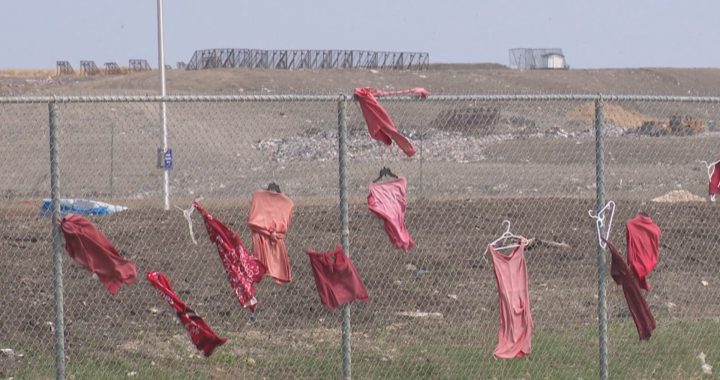
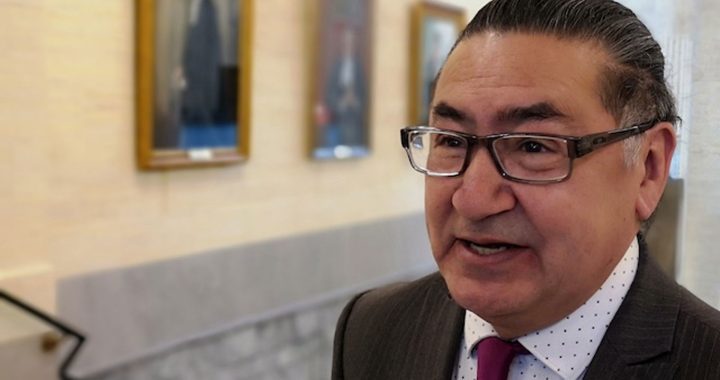
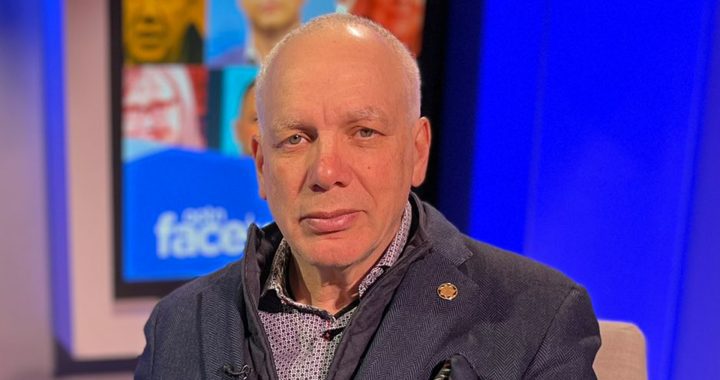

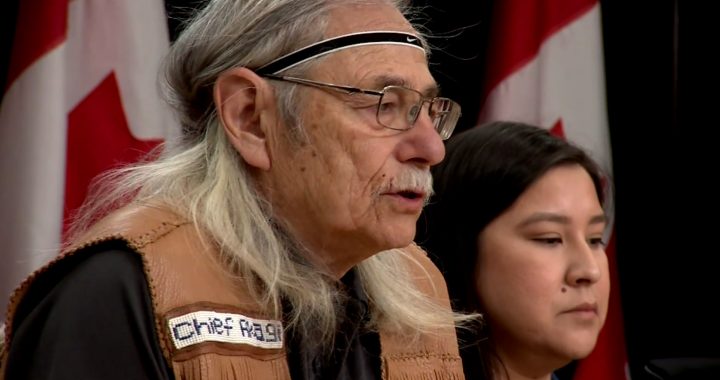
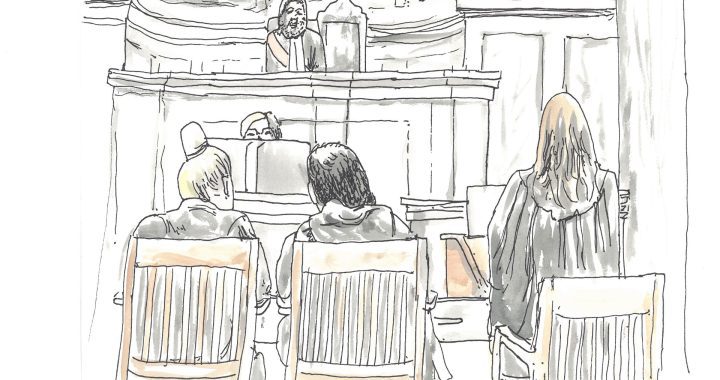
Harper may say it’s a new day but tomorrow will always be tomorrow! Gov’t always says that they will fix it tomorrow, but tomorrow never comes. Same old story, but soon there story will change, when the rest of Canadians and the world knows of our stories that the residential schools tried to erase. Then they will understand that we have to play a role today, because the path to inner enlightenment is to not be ignorant of new ideas, but to try to understand them so that you could keep balance in your own spirit.
Scrap the Indian Act,Treatys,Reservations and the U.N Declaration. Make everyone equal, If you “personaly” contribute to your community then you make it better. If you expect someone else to support you then there is no future for you, your family or community.
HAVE A NICE DAY :]
I would suggest that canada adopt a sysytem that reconizes family history in canada ..all natives can trace their roots further back then 200 years..therfore someones family that has been here less than 5 years–10 years–20 years–50 years–100 years –200 plus years gets different benifits.. simply no need to really administrate more a need to document and account for the services used by the indivuals..this system reconizes the rights of settlers and people who have built the infrascture of this great country
Why not treat every CANADIAN the same and drop the race card into history? The only way forward is to go forward together. The seperation of nations and people has to come to an end. We must put the past behind us and move to tomorow, and then move forward. The hardest part of any movement is the first step,”due to resistance”
The statments made by the indian chiefs to abolish the indian act, should go further. Why not get rid of the reservations and make every one equal. If you want to feel good then work for it, dont expect someone else to do it for you, its called personal responsibility.